Strong Words
$24.95
The poetry of Alexander Pushkin, Anna Akhmatova, and Andrei Voznesensky
Translated by Vladimir Azarov and Barry Callaghan
Bilingual Russian/English
Colour and B&W art images by Amadeao Modigliani, Alexander Pushkin, Nikola Tyrsa, Andrei Voznesensky, Claire Weissman Wilks
Poetry • 4.5 x 6.5 inches • PB 176 pages • 9781550963885
Few moments, certainly few speeches, in the Twentieth Century so radically altered the flow of international events and specifically the direction of Russian history as Nikita Khrushchev’s 1956 attack on the cult of Joseph Stalin. Overnight, a society under the lock and key of ideology and the eye of a secret police, was sprung loose, entering into a period that has since come to be known as The Thaw.
Alexander Pushkin is, perhaps, the greatest of Russian poets, and certainly he is the founder of modern Russian literature. His sonnets, several of which are translated in this collection, are not well known in English, but their complexity is masterfully engaged in this volume. Anna Akhmatova is Russia’s singular woman poet and perhaps the greatest in Western Culture. Her twenty poems herein are taut lyrics characterized by her economy of language and her emotional forthrightness, her stark, striking images that mysteriously capture the sinister and the joyful, the despairing and the hopeful, in a single stanza, sometimes in a single line. Andrei Voznesensky was considered “one of the most daring writers of the Soviet era” but his style often led to regular criticism from his contemporaries and he was once threatened with expulsion by Nikita Khrushchev. Before his death, he was both critically and popularly proclaimed “a living classic,” and “an icon of Soviet intellectuals.” Poets Vladimir Azarov and Barry Callaghan have collaborated on what always seems to be impossible, the translation of poetry, in which the feeling, the music, let alone the meaning of the original, are captured and rendered in an English that is poetry in itself. These new translations masterfully engage the many complexities of these three great Russian writers. Six poems are presented from Pushkin, 30 from Akhmatova, and a half-dozen poetry/prose selections from Voznesensky’s major poem, The Ditch.
Alexander Pushkin (1799-1837) was a master novelist, dramatist, and poet, the author of Eugene Onegin, Boris Godunov, and The Bronze Horseman. It is generally agreed that he was the founder of modern Russian literature. As a poet, he is beloved by Russians to this day. Of noble blood, he fought 29 duels and died defending his wife’s honour at the age of 37 from a pistol shot by Georges-Charles D’Antes, a French officer.
Anna Akhmatova (1889-1966) was one of the greatest of 20th-century poets. She was censored, she was sometimes totally silenced, she was condemned by Stalin and Stalin’s repressive literary henchmen. Her work has been translated throughout the world. She has become, as Osip Mandelstam said she would before he”disappeared” to die at Stalin’s behest, “a symbol of Russian grandeur.”
Andrei Voznesensky (1933-2010) was considered “one of the most daring writers of the Soviet era.” His style led to regular criticism from contemporaries who cow-towed to the Party line, the Party aesthetic and Party politics, and he was once threatened with expulsion by Nikita Khrushchev. Before his death, after the fall of the Berlin wall and the implosion of Soviet socialism, he was both critically and popularly proclaimed “a living classic,” and “an icon of Soviet intellectuals.”
Vladimir Azarov is an architect and poet, formerly from Moscow, who lives in Toronto. His collections of poetry include Thaw Songs, Seven Lives, Mongolian Etudes, Dinner With Catherine the Great, Of Life and Other Small Sacrifices, Imitation, The Kiss from Mary Pickford: Cinematic Poems, and Voices in Dialogue: Dramatic Poems.
Barry Callaghan is a Canadian author, poet and anthologist. He is currently the editor-in-chief of Exile Editions and Exile: the Literary Quarterly. He has published some 20 books of fiction, nonfiction and poetry, and has be translated into 10-plus languages.
Only logged in customers who have purchased this product may leave a review.
Related products
Poetry
Poetry
Poetry
Poetry
Poetry


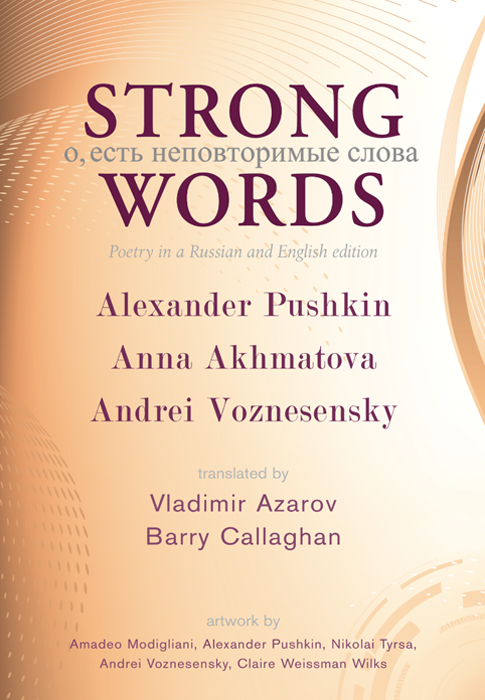
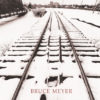

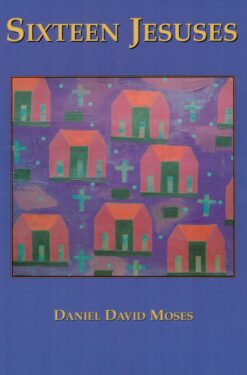
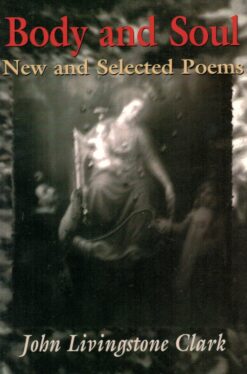
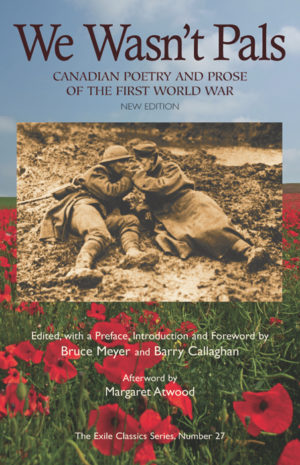
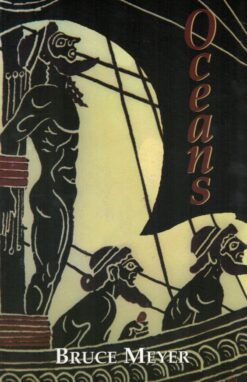
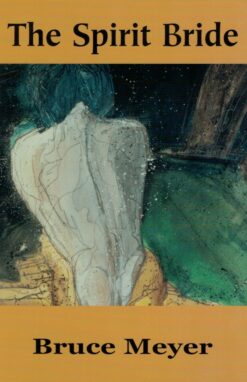
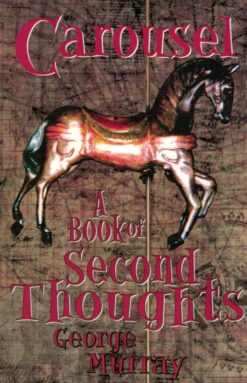
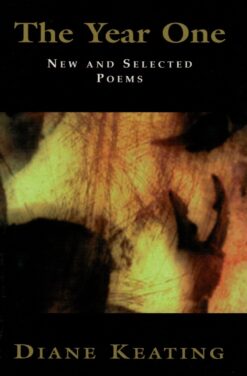
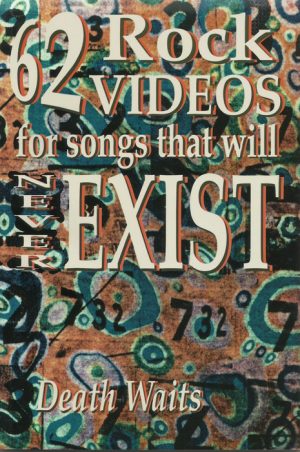
Reviews
There are no reviews yet.